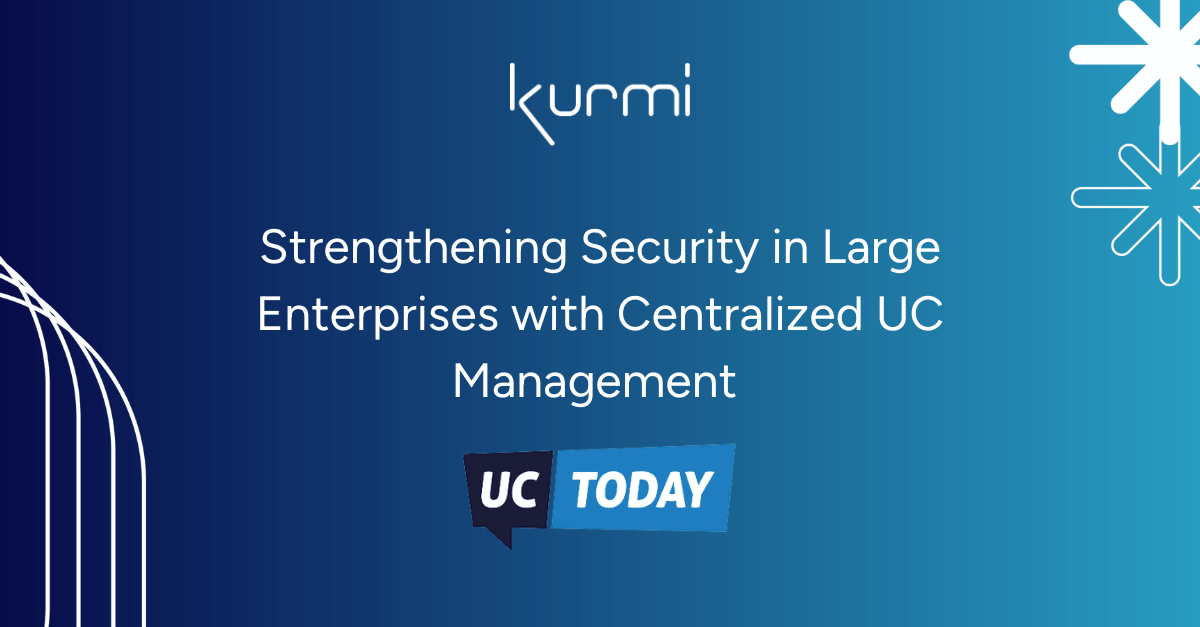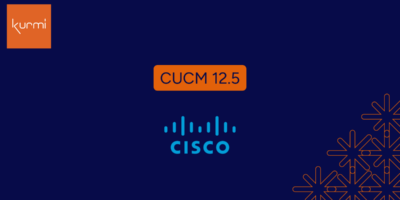Large enterprises rely on a variety of UC tools integrated with business productivity platforms, supporting thousands of end users across diverse devices and locations. While the seamless coordination of these complex systems is impressive, it also introduces significant security risks.
Emphasizing the growing importance of security in such environments, Micah Singer, CEO of Kurmi, explains, “Enterprises must place more and more importance on security. With the ever-increasing number of digital assets and the rigorous expectations of global standards to which they must adhere, it’s right that they do so.”
The good news is that Kurmi’s platform goes beyond its core features of provisioning and centralized UC management, offering built-in security measures specifically designed to tackle the critical challenges large companies face, as detailed in this article.
Kurmi’s strong security focus—spanning tools like Cisco, Microsoft, Avaya, Zoom, and more—along with their ISO 27001 certification, instills confidence among customers in highly regulated industries such as financial services, healthcare, insurance, and government.
Key security-related features of Kurmi’s platform include role-based access control, which enables companies to manage which admins can view and edit end-user information. Additionally, automating the de-provisioning process ensures that when an employee leaves the company, their access to UC tools is immediately locked down. This can even be triggered through instructions from systems like Workday, ServiceNow, and directories like Entra ID.
Read more about how large companies can securely manage complex digital communication ecosystems here.



